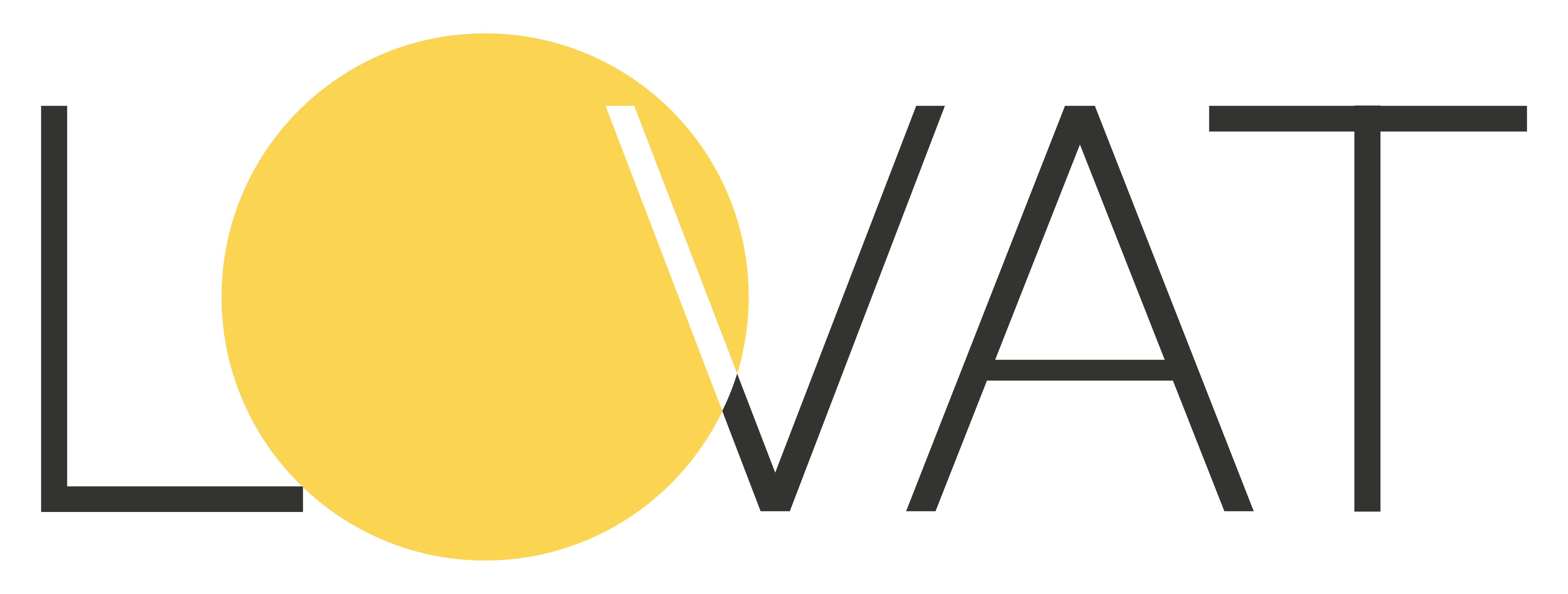Extended Producer Responsibility (EPR) is a new type of environmental policy that places responsibility on the shoulders of the manufacturer to manage the waste caused by the different types of products they market in order to reduce their environmental impact.
In accordance with the EU Extended Producer Responsibility (EPR) Directives, all EU countries have started to introduce strict waste management regulations since the end of 2022. Thus, starting in 2023, producers will be responsible for managing waste from products at the end of their life cycle, and everyone must comply with them or face severe sanctions.
All EU countries have introduced EPR compliance liability for all manufacturers and sellers without a minimum threshold. This means that even if you sell 1 unit of goods, you automatically become obliged to comply with the required standards. Currently, the EPR covers almost all areas of activity, not just packaging.
